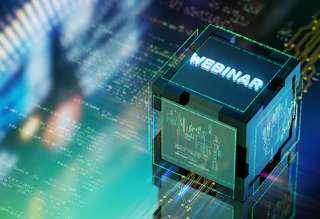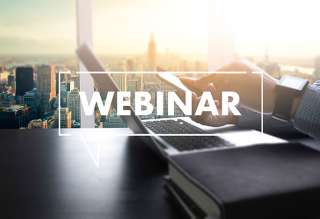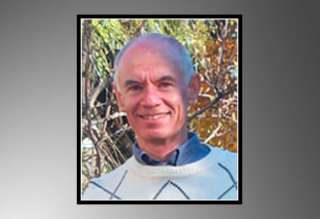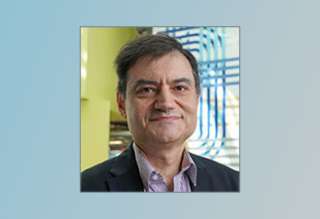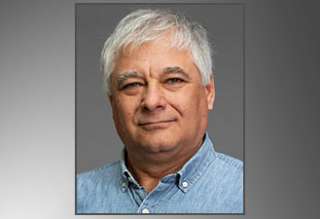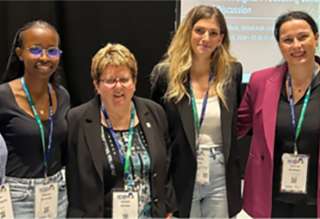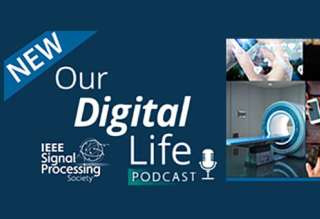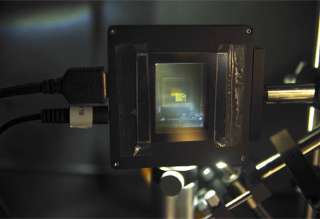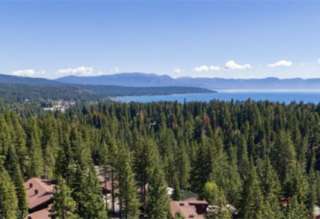SPS Feed
Top Reasons to Join SPS Today!
1. IEEE Signal Processing Magazine
2. Signal Processing Digital Library*
3. Inside Signal Processing Newsletter
4. SPS Resource Center
5. Career advancement & recognition
6. Discounts on conferences and publications
7. Professional networking
8. Communities for students, young professionals, and women
9. Volunteer opportunities
10. Coming soon! PDH/CEU credits
Click here to learn more.
The Latest News, Articles, and Events in Signal Processing
Date: 17 July 2025
Time: 11:30 AM ET (New York Time)
Presenter(s): Dr. Nikola Janjušević, Dr. Amirhossein Khalilian-Gourtani
Date: 9 July 2025
Time: 11:00 AM ET (New York Time)
Presenter(s): Dr. Dong Yu, Dr. Meng Yu, Dr. Tong Lei
Date: 18 June 2025
Time: 11:00 AM ET (New York Time)
Presenter(s): Dr. Dong Yu, Dr. Zhang Hao
Date: 6 June 2025
Time: 9:00 AM ET (New York Time)
Presenter(s): Dr. Shoichi Koyama, Dr. Mirco Pezzoli
Date: 24 April 2025
Chapter: Columbus Chapter
Chapter Chair: Kiryung Lee
Topic: Sparse Signal Recovery in Bilinear Inverse Problems
Date: 7 October 2025
Chapter: South Brazil Chapter
Chapter Chair: Daniel Palomino
Title: Video Streaming Principals and Quality/Efficiency Optimization
Date: 25 September 2025
Chapter: Berlin Chapter
Chapter Chair: Gerald Enzner
Title: Generative audio and its applications
Date: 28 March 2025
Time: 1:00 PM ET (New York Time)
Presenter(s): Dr. Jingyuan E. Chen
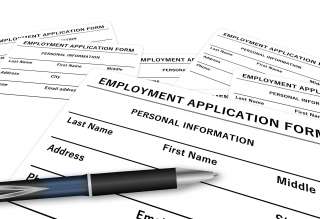
We have multiple open positions in the Distributed and Networked Control Systems (DNCS) group at the University of Cyprus, including PhD and Postdoc opportunities. We are seeking highly motivated individuals to join our research group who will contribute to cutting-edge research in control over communications and communications over control for cooperative autonomous systems. Specifically, our open (fully-funded) positions are:
Underwater images are highly susceptible to quality degradation due to light's scattering and absorption [1,2]. Unfortunately, underwater images with deteriorating quality impose many limitations in following visual perception analysis and practical underwater applications.

Two Fully-funded PhD Studentships in Spoken Language Technologies, University of Sheffield, UK
Deadline for applications: 13 April 2025.
Home and International students may apply. Regardless of your fees status (Home or International), all fees will be paid (in addition to a full stipend).
Date: 10 March 2025
Time: 9:30 AM ET (New York time)/15:30 (CEST)
Presenter(s): Tadashi Ebihara
This post introduces a novel approach to extending the depth of field (DOF) in lensless cameras using optimized radial coded masks. Our proposed method overcomes the limitations of previous and generic coded mask designs by employing a radial-shape-constrained optimization procedure, resulting in improved optical transfer functions while enabling extended DOF. Through simulations and prototype experiments, we demonstrate that our optimized radial mask achieves superior imaging quality compared to hand-crafted radial patterns and larger DOF than non-radial masks.
Pages
SPS Social Media
- IEEE SPS Facebook Page https://www.facebook.com/ieeeSPS
- IEEE SPS X Page https://x.com/IEEEsps
- IEEE SPS Instagram Page https://www.instagram.com/ieeesps/?hl=en
- IEEE SPS LinkedIn Page https://www.linkedin.com/company/ieeesps/
- IEEE SPS YouTube Channel https://www.youtube.com/ieeeSPS


